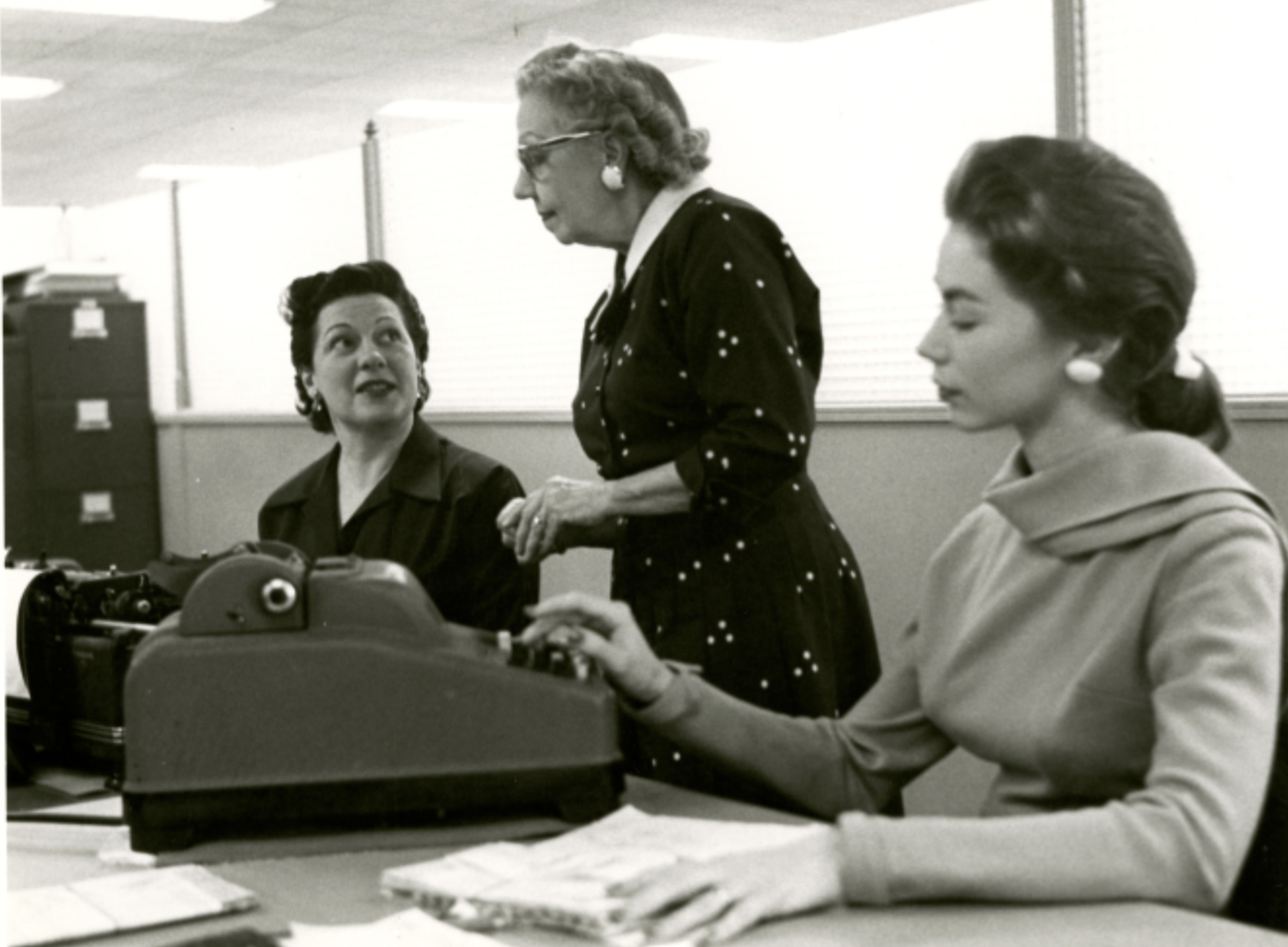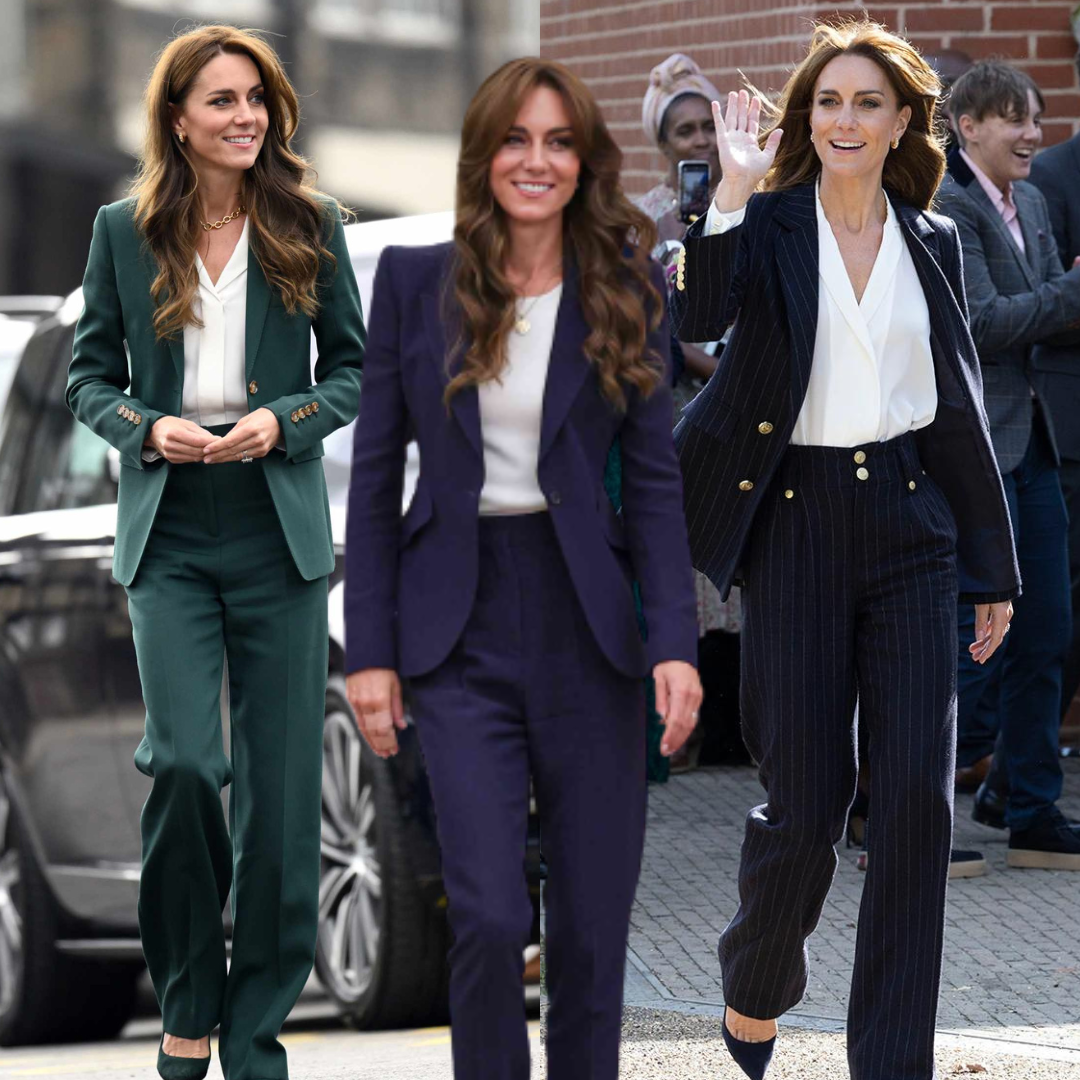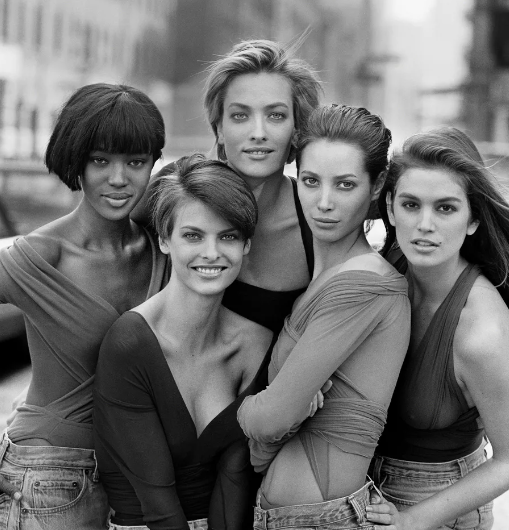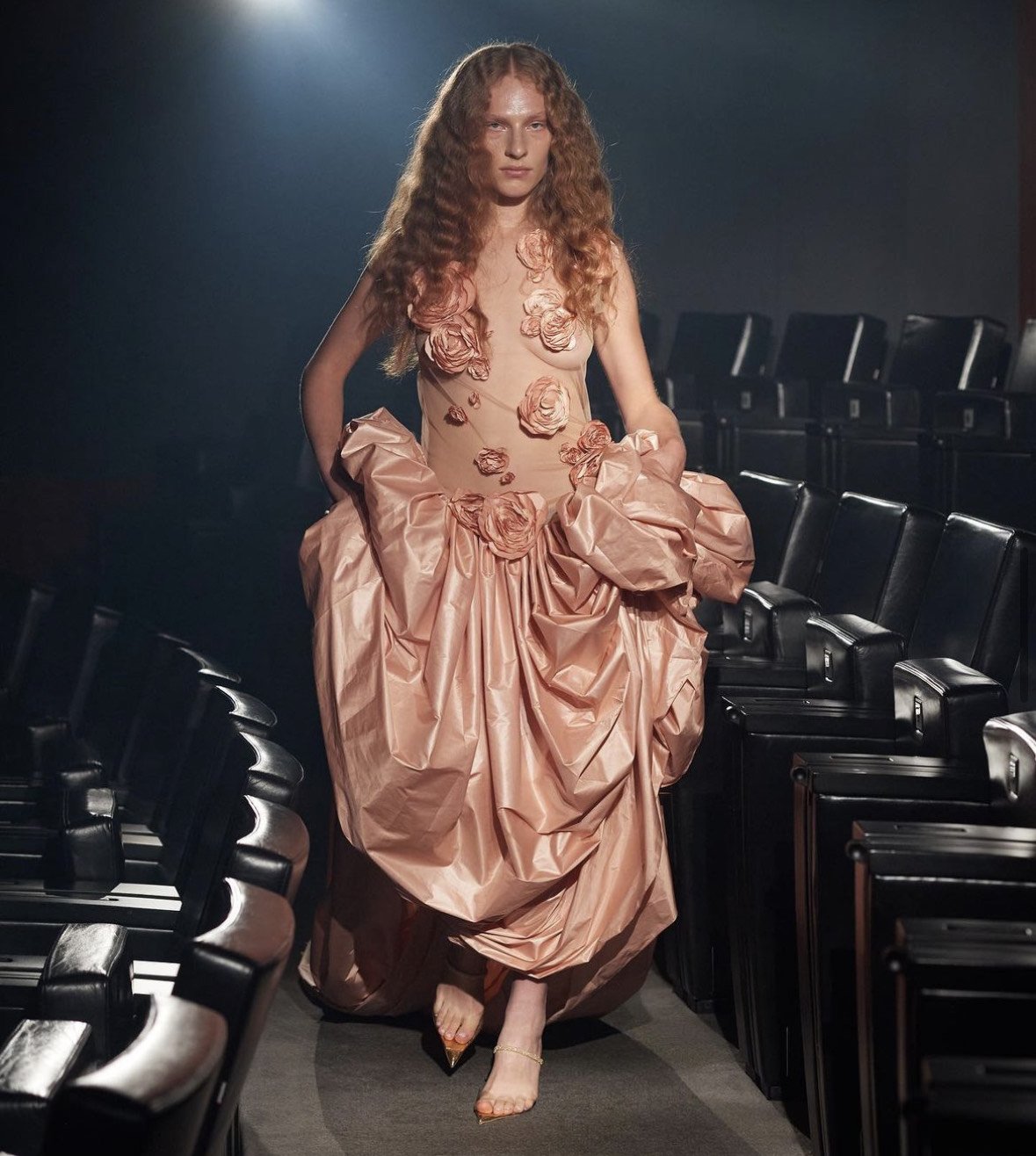Betsy Perk and the Empowerment of Crafts
Throughout history, activities that are considered women’s crafts such as embroidery, crocheting, lacemaking, and other things, have been considered as something homely and kind of boring. Fortunately, the pandemic has helped these activities to gain immense popularity with millions of people finding themselves locked in their homes and needing a creative outlet. Personally, I have always had an interest in crafting, but the pandemic indeed made it more of a daily thing, rather than an occasional project I would do. Weirdly enough, every time I discussed my new hobbies with friends, I felt kind of embarrassed and laughed it off saying I’ve turned into a grandma during quarantine times. I started thinking about why I said that, since it honestly doesn’t make any sense. I’ve literally never seen my grandma crochet a rainbow butterfly lace-up crop top that only covers like a couple square centimetres. WHY is it considered to be such a dull thing when it’s so damn cool?
Over the last few months, I’ve been working on my thesis on religion in the First Feminist Wave in the Netherlands and found out some very interesting things about crafts, which made me reflect more on how they are viewed in society. An excellent historical example of this is the Arbeid Adelt organization founded by Betsy Perk in 1871.
At this time, it was not very socially acceptable for women from middle- and upper-class society to want to earn money for doing work (or for that matter, to do any type of work at all). This made them very dependent on their family or their husband’s earnings, rather than their own skill sets. They were destined for caring for their family or other at-home management tasks. This included doing little crafts, such as mending or sewing clothes, embroidering things, among many other things that required immense skill. These women had been practising these skills for many decades of their lives, from when they were little girls. Why could they not earn their money as men did for their learned skills? It’s almost as if society had something against women doing their own thing— how surprising.
The absolute legend that was Betsy Perk was not about to let that slide though. She called upon women who wanted to earn their own money and organized a little market where these women could sell their craftwork. The first time was in Delft in 1871. What was special about this organization, is that they mentioned the names of the artists that made the product. This was a big step since these women were taking a huge risk saying that they wanted to earn their own money to spend on their own terms. So through crafting, embroidering, sewing, and more, they were able to gain agency and create an income, however small or big it may be—it was in their own control.
As their success soared, they even created a pension fund that made it possible for women to have an income if they were too old or sick to provide for themselves. The coolest thing about this organization though is that it still exists. Whilst its popularity has declined over time with women being able to provide for themselves, they have now shifted their attention to giving out scholarships to women from a less-good socio-economic background. The fact that they managed to change with the circumstances that changed in society is so awesome to me. They saw that women had progressed in society, and found a new place where they had an opportunity to help women with different struggles. That’s pretty damn great. And handcrafts are still part of their core message.
Recently, I’ve also heard about feminist organizations that have a focus on returning the cool empowering characteristic back into craftwork. This is the Feministische Handwerkpartij, who organize lectures, meetings, and other things to help people realize the value of craftwork, mending things instead of throwing them away, slowing down in life and creating a better connection between the mind and the body. During meetings, they manage to combine needlework and studying into one glorious thing.
Undoubtedly, Betsy Perk is not the only person in history that was inspired to create such an organization. This is exactly why I would like to encourage anyone reading this to look into their own region’s history. Which women (or men, or everything in between and outside of this) were/are important in your location? How did/do they contribute to the empowerment of women in society? And spread the word when you find out. Our history is in need of stories that are not just from the upper-class or royal men that we’re always taught about. There were many more people from different backgrounds that were part of the narrative that still need to be heard and put into general historiography.
On an ending note, there is nothing wrong with the idea of something being “for grandmas” or “homely” since that’s still awesome. I love being in my little comfy home/cave hybrid to chill out and do some knitting while watching period dramas. But to me, when these crafts are unjustly all dubbed to be boring, I feel that it is entirely ignoring the amazing empowering history that is behind this. On top of that, since crafts are literally something that comes from our own brainpower, we have the control to make something that is as awesome and fashionable and comfy and beautiful as we want. Sadly, many things done by women have a long history of being deemed boring, too girly or simply not interesting for others— for example, the long history of women in textile has long been underappreciated and still is. Let’s change that. Crafts are awesome, and everyone should try them sometime.










